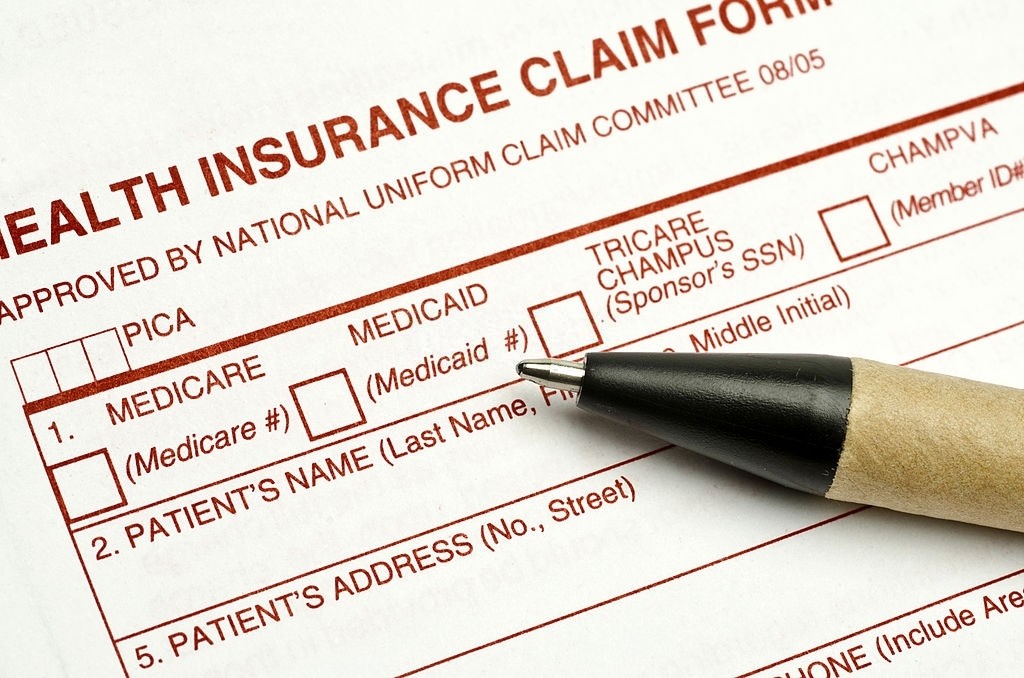As a business owner, it’s always important to keep costs down while looking for opportunities to grow your business. One potential way to do this is through a Health Reimbursement Arrangement (HRA).
An HRA is a tax-advantaged benefit that allows employers to reimburse employees for medical expenses on a tax-free basis. The employer contributes a predetermined amount of money to an account, which employees can then use to pay for eligible medical expenses or insurance premiums.
In Private Letter Ruling 200708006, the IRS confirmed that if an HRA is structured properly, the funds paid to employees are not taxable to the employee, and the costs are deductible by the employer as an ordinary and necessary business expense.
Understanding HRAs
An HRA is an employer-funded health benefit plan that reimburses employees for qualified medical expenses. Essentially, employers set aside a specific amount of money that can be used by employees to pay for qualified medical expenses such as health insurance premiums, co-payments, and deductibles. Unlike some other health plans, HRAs are entirely funded by the employer and employees cannot contribute to the plan. Additionally, HRAs are not portable, which means that employees cannot take the funds with them if they leave their employer.
To understand HRAs, we’ll describe the facts in the private letter ruling as they are typical of an HRA.
Private Letter Ruling 200708006 involved an employer proposing to establish a trust to provide retiree health benefits for eligible employees, their spouses, and dependents.
The Plan limited retiree health benefits to employees who regularly work 20 or more hours per week and have met a 30-day waiting period. The employer was to contribute to the trust at its sole discretion, and employees could not decide the amount or percentage of their vacation and sick leave to be contributed.
Any unused amounts in the trust could not be received in cash or other benefits by retired eligible employees, their spouses, or dependents, and would be forfeited after the death of the surviving spouse and dependents if not used to reimburse medical expenses.
These terms are all consistent with most HRAs that are in existence these days.
HRAs vs. HSAs
While HRAs share some similarities with Health Savings Accounts (“HSAs”), there are key differences. One of the main differences is that employees are not permitted to contribute to the HRA, and the HRA is solely funded by the employer. Another benefit of an HRA is that the account stays with the employer after an employee leaves the company. Employees are not required to be covered by (or pay for) an insurance plan, and HRAs are open to employers of all sizes. Additionally, HRA employer contributions are not mandatory, and HRAs are not necessarily subject to the same self-dealing and discrimination rules imposed on other tax-favorable arrangements.
Employee Loyalty and Saving
In addition to the tax benefits, HRAs can also motivate employees to stay with the employer. Employers can structure the HRA to contribute an additional amount based on unused sick and vacation days. HRAs can also result in substantial savings to the employer and employee as direct payments are often less expensive than insurance premium payments.
It’s important for employers to consult with their tax attorney to determine whether an HRA is right for their business. With proper planning and implementation, HRAs can be a valuable tool to help businesses cut costs, retain employees, and expand their operations. By offering tax-free reimbursements to employees for qualified medical expenses, HRAs can help businesses reduce their tax burden while providing essential benefits to their employees.
The Takeaway
HRAs are a valuable tax-advantaged benefit for employers looking to reimburse employees for medical expenses on a tax-free basis. While HRAs share similarities with HSAs, they are solely funded by the employer and offer benefits such as employee loyalty and substantial savings to both the employer and employee. With proper tax planning and implementation, HRAs can help businesses reduce their tax burden while providing essential benefits to their employees. Employers should consult with their tax attorney to determine whether an HRA is right for their business.
In 40 minutes, we'll teach you how to survive an IRS audit.
We'll explain how the IRS conducts audits and how to manage and close the audit.


